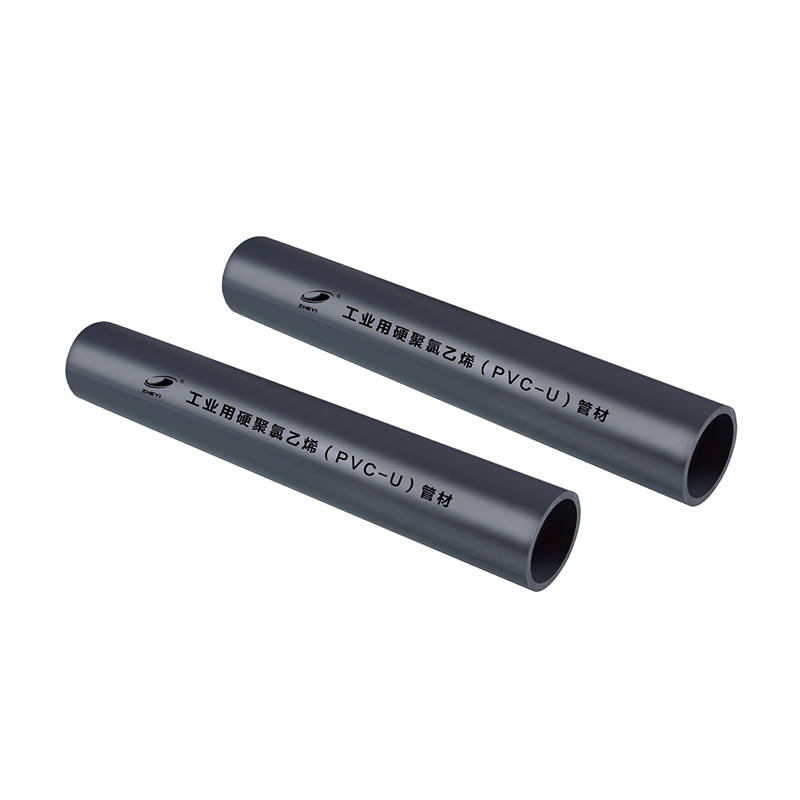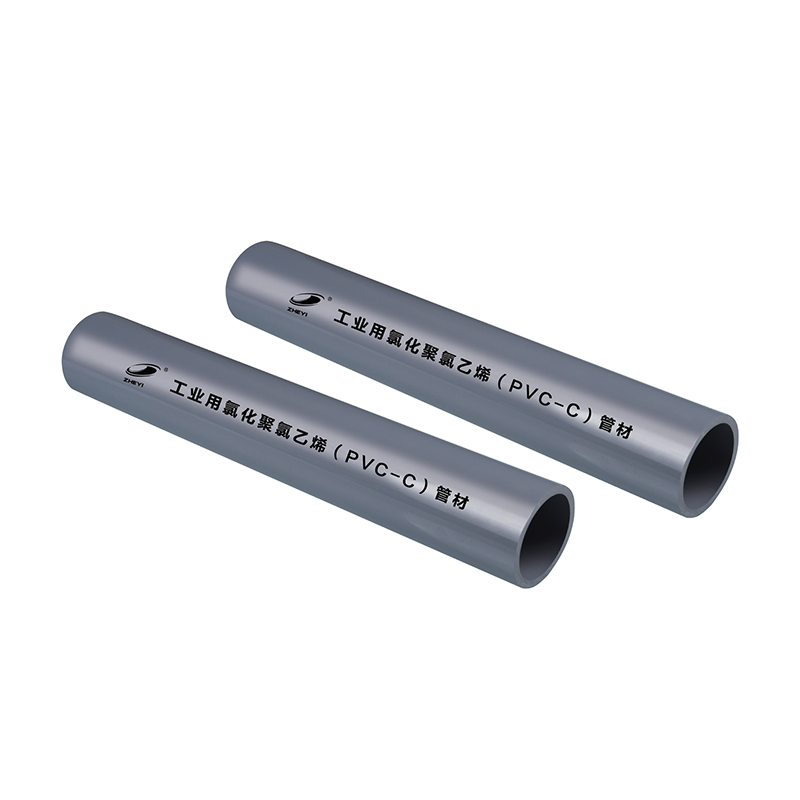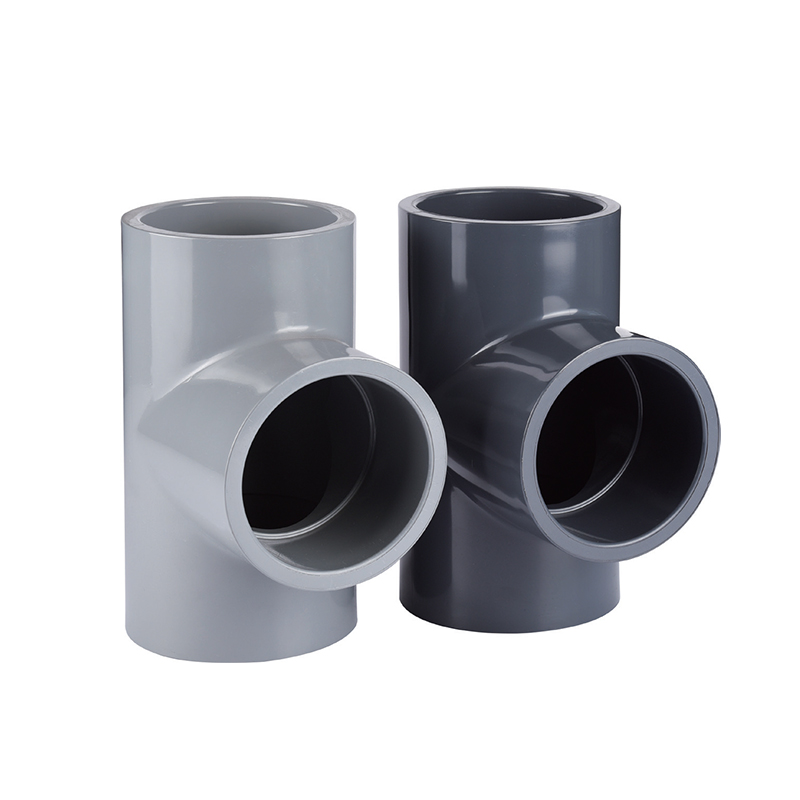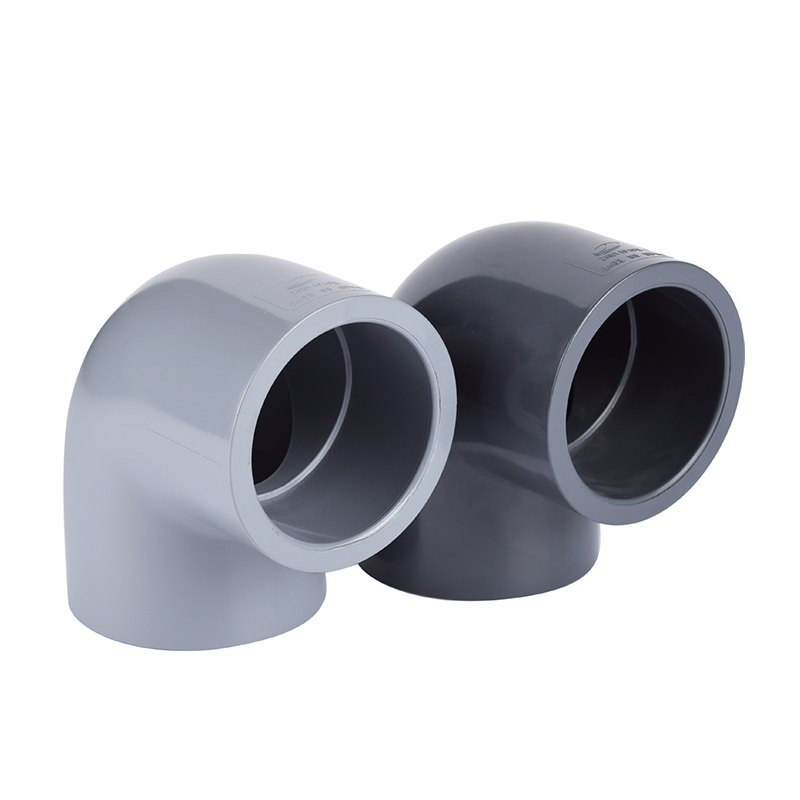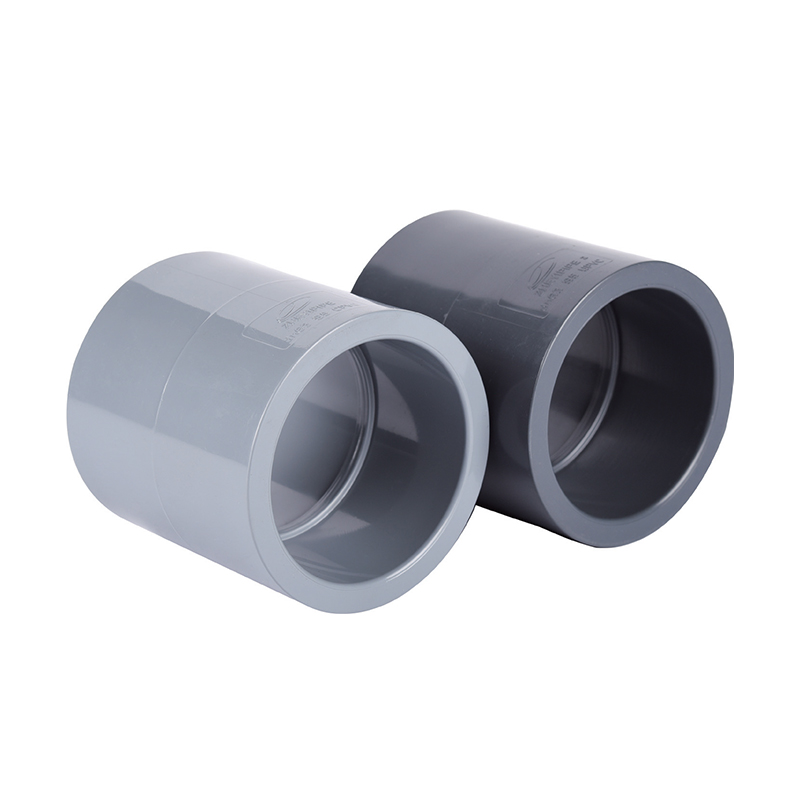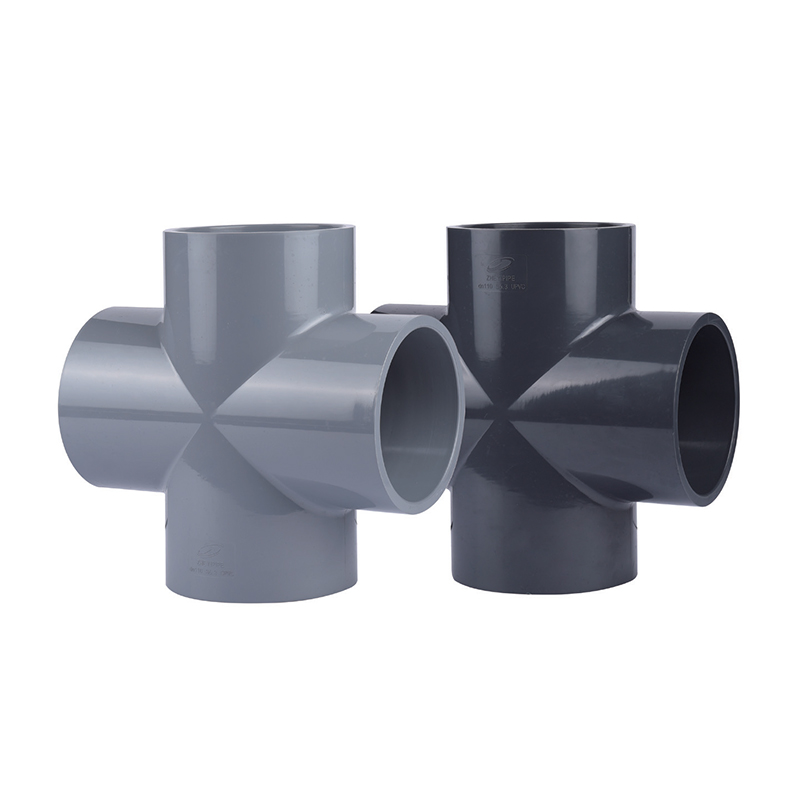Introduction to UPVC and CPVC Valves
UPVC (Unplasticized Polyvinyl Chloride) and CPVC (Chlorinated Polyvinyl Chloride) are durable, corrosion-resistant thermoplastics commonly used in valve manufacturing. These valves are designed to withstand harsh chemical environments, making them ideal for industries like chemical processing, water treatment, and lithium production. The choice between UPVC and CPVC depends on the specific application and the chemicals involved. While both materials offer similar benefits, CPVC has enhanced temperature resistance compared to UPVC, making it suitable for higher-temperature applications.
Key Applications in Chemical and Lithium Industries
UPVC/CPVC valves are widely used in various industrial applications, particularly in the chemical and lithium processing industries. These valves are employed to regulate the flow of corrosive chemicals, acids, and bases, as well as lithium and its derivatives. The inherent chemical resistance of UPVC/CPVC makes them essential in environments where metal valves might corrode.
- Chemical plants for handling acidic and basic chemicals
- Lithium processing plants where high purity is required
- Water treatment facilities
- Pharmaceutical manufacturing

Importance of DIN/ANSI Standards for Chemical and Lithium Valves
How DIN/ANSI Standards Ensure Valve Quality
The DIN (Deutsches Institut für Normung) and ANSI (American National Standards Institute) standards are crucial in ensuring the quality and reliability of valves. These standards establish precise measurements and testing methods that help manufacturers create valves that can handle extreme conditions. By following DIN/ANSI standards, valve manufacturers ensure that their products meet safety, performance, and longevity requirements.
Comparing DIN/ANSI with Other Valve Standards
While DIN/ANSI standards are the most widely accepted in the chemical and lithium industries, other valve standards like ASME and JIS (Japanese Industrial Standards) also exist. Each standard has its own set of specifications regarding pressure tolerance, size, and materials used. For instance, DIN/ANSI valves tend to focus on international compatibility and pressure ratings suitable for most chemical environments, whereas ASME standards are more commonly used in high-pressure applications.
| Standard |
Focus |
Application |
| DIN/ANSI |
International compatibility and pressure ratings |
Chemical processing, lithium, and general industries |
| ASME |
High-pressure applications |
Petrochemical and power generation |
| JIS |
Pressure and temperature control |
Manufacturing and food processing |
Key Features of Chemical and Lithium UPVC/CPVC Valves
Durability and Chemical Resistance
One of the most important features of UPVC/CPVC valves is their remarkable chemical resistance. These valves are engineered to withstand aggressive chemicals and solvents without corroding. This durability ensures that they have a long operational lifespan, which is essential in industries like chemical manufacturing, where constant exposure to harsh substances is inevitable.
- Resistant to a wide range of acids, bases, and solvents
- Minimal maintenance requirements
- Extended service life under extreme conditions
Temperature and Pressure Tolerance
UPVC and CPVC valves are also designed to perform under varying temperature and pressure conditions. CPVC, in particular, has better temperature tolerance compared to UPVC, making it more suitable for processes involving higher heat. Both materials, however, are reliable in standard industrial pressure ranges.
- CPVC valves can withstand temperatures up to 200°F (93°C)
- UPVC valves are effective at temperatures up to 140°F (60°C)
- Both types of valves are reliable in typical chemical plant pressure ranges
Customization and Flexibility in Design
UPVC and CPVC valves can be customized to meet specific industrial needs. Whether it's for varying pipe sizes, specialized valve functions, or unique fluid flow requirements, these valves offer flexibility in both design and material selection. The customization ensures that valves are optimized for their specific applications, contributing to overall system efficiency.
- Custom sizes and shapes
- Variety of valve types (ball, butterfly, gate, etc.)
- Easy integration into automated systems
Benefits of Using UPVC/CPVC Valves for Chemical and Lithium Applications
Cost-effectiveness
UPVC and CPVC valves are highly cost-effective compared to their metal counterparts. These valves are not only less expensive to manufacture but also require less maintenance, reducing long-term operational costs. Their durability and resistance to corrosion further contribute to cost savings by minimizing the need for replacements and repairs.
- Lower initial cost
- Reduced maintenance expenses
- Longer operational lifespan
Enhanced Safety and Reliability
Safety is paramount in industries like chemical processing and lithium production. UPVC/CPVC valves help ensure that toxic or hazardous fluids do not leak into the environment, as these materials are highly resistant to chemical degradation. Their reliability helps prevent accidents and ensures safe operation even under challenging conditions.
- Leak-proof design
- High reliability in extreme conditions
- Compliant with safety standards
Eco-friendly and Sustainable Design
UPVC and CPVC valves are also environmentally friendly. They are fully recyclable, which helps reduce waste in industrial settings. Their long service life reduces the need for replacements, contributing to sustainability goals. Furthermore, their manufacturing process generates less pollution compared to metal valves.
- Recyclable materials
- Reduced need for replacements
- Lower carbon footprint in manufacturing
FAQ
What is the difference between UPVC and CPVC valves for chemical applications?
UPVC is a rigid and durable material suitable for standard chemical applications, while CPVC offers enhanced temperature resistance, making it ideal for processes involving higher heat levels. CPVC is often preferred in industries that deal with hot corrosive liquids or gases.
Why are DIN/ANSI valves preferred for lithium processing?
DIN/ANSI valves are preferred because they adhere to international standards, ensuring compatibility with various equipment and providing reliability in critical lithium processing operations. These valves offer high precision, ensuring the integrity of sensitive materials in lithium extraction and processing.
How do UPVC/CPVC valves contribute to reducing operational costs?
These valves are not only cost-effective to manufacture but also require minimal maintenance, leading to reduced downtime. Their durability and resistance to corrosion prevent frequent replacements, further reducing costs over time.


 +86-15258772971
+86-15258772971
 dinys009@163.com
dinys009@163.com

 English
English 한국어
한국어 Español
Español عربى
عربى


